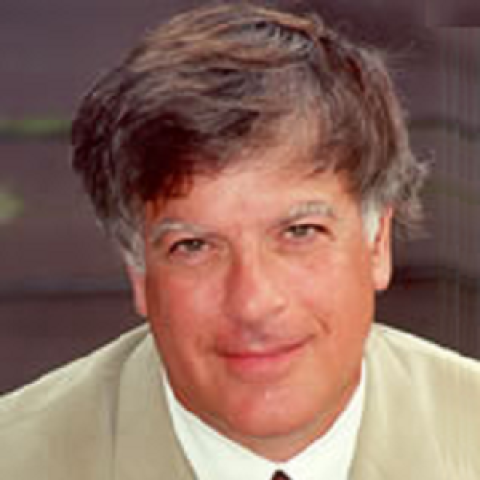The air disaster that claimed the lives of Polish president Lech Kaczynski and 96 other leaders who were traveling to Russia to mark the 70th anniversary of the Katyn Forest massacre is the latest in a chain of tragedies affecting those who have sought the full truth about the World War II killings.
The crash was apparently the result of human error. It occurred after the Polish pilot, ignoring the advice of Russian dispatchers to divert to Moscow or Minsk, clipped treetops in heavy fog while trying to land at a Smolensk military airport where there was no instrument-landing system to guide planes to the ground.
There is, nonetheless, a chilling symbolism in the mass death of Polish leaders coming days after Russian prime minister Putin spoke at Katyn ostensibly to seek reconciliation between Russia and Poland, but, in reality, to further obfuscate the truth about one of the Soviet Union's greatest crimes.
Putin received international praise for taking part in the commemoration of the Katyn tragedy and for allowing Andrzej Wajda's film Katyn to be shown on Russian television. His remarks, however, were not an attempt to speak the whole truth about Katyn but rather to continue to conceal it. He called on Russians and Poles to avoid the "eternal settling of scores" and the "primitive division of peoples into right and guilty, as some dirty politicians . . . try to do."
The issue in Soviet-Polish relations, however, is not a settling of scores. It is the justified Polish desire for an unambiguous Russian apology for Katyn (which the Russians refuse to give) and, equally important, the refusal of the Russians to release most of the results of their own 14-year investigation into the Katyn massacre. Of 183 volumes of collected material, 116 are classified as state secrets even though, according to the Russian law on state secrets, information about the violation of rights cannot be classified.
In his remarks, Putin said that, for years, there was an attempt to lay the blame for Katyn on the Russian people. Aside from the fact that one of the three mass killings that together bear the name of "Katyn" took place in Ukraine, there has never been an attempt to blame the murder of the Polish officers on the Russian people. It is a question of the acceptance of responsibility by the Russian state as the legal successor of the Soviet Union.
Equally offensive was Putin's effort to pretend that the Katyn massacre was an act of "revenge" for the deaths of Red Army prisoners in Polish prisoner-of-war camps in 1920. Putin said that 32,000 Red Army prisoners died from "hunger and disease" in Polish captivity. (According to Polish figures, 18,000 to 20,000 Red Army prisoners died out of 115,000 to 120,000, for the most part from typhus.)
In fact, there is absolutely no historical evidence that Stalin, who treated Soviet prisoners of war as traitors, was moved by the fate of the Red Army soldiers who died in 1920 in Polish hands. The Polish government in exile in 1940 advocated sending Polish troops to fight alongside the Finns in the Soviet-Finnish War, and Stalin's henchmen saw the captured Polish officers in Soviet hands as anti-Soviet and a potential fifth column. For that reason, they were deemed worthy of liquidation.
Poland and the world will now be distracted from the struggle for the whole truth about Katyn as the Polish nation mourns its dead. But Katyn was the subject of a great cover-up, and the eerie symbolism of the Katyn tragedy, brought home again by the air crash, will not disappear from Russian-Polish relations until, after 70 years, the Russian side realizes that there is no virtue in clinging even to the remnants of what was one of the 20th century's greatest lies.

















